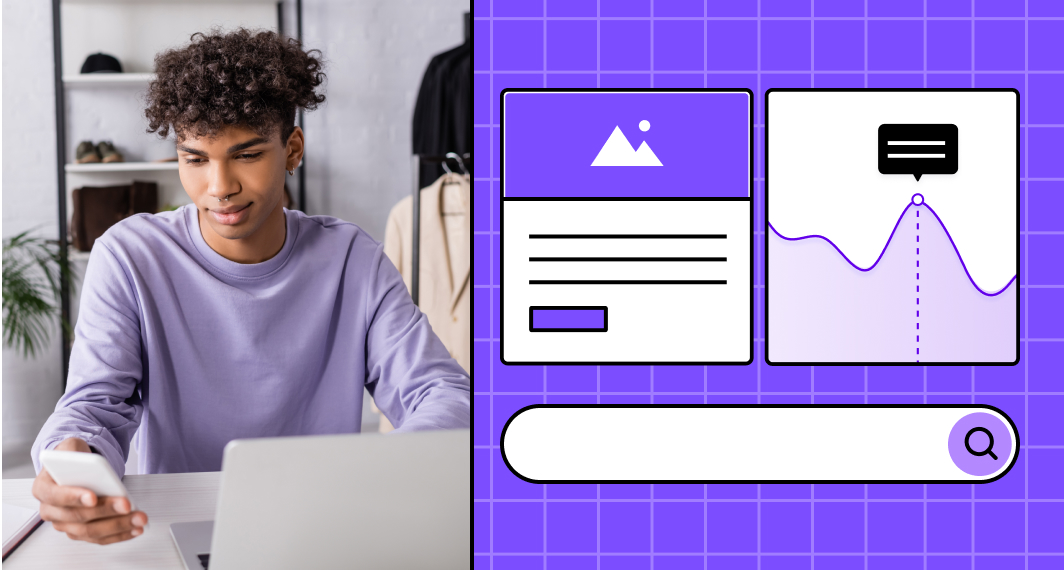Table of contents
What is an API
An Application Programming Interface (API) is a collection of protocols and rules that connect different software applications and allows them to exchange information with each other. APIs act as a digital bridge, allowing you to access and use specific functionalities or data from one application within another, promoting seamless integration and interoperability.
How do APIs work?
To understand how APIs work, let's assume you're in a restaurant and would like to order some food. There, you speak with a waiter who serves as a middleman between you and the kitchen staff, instead of ordering directly from the kitchen. In this sense, the waiter acts like an API and knows how to communicate with the kitchen staff, understand your order and deliver your food.
Similarly, APIs work by establishing a connection between two software applications. The API provider defines a set of rules and protocols that specify how other applications can request and exchange data or perform specific actions.
These rules are commonly found in HTTP and include the format of requests/responses, authentication mechanisms and the available endpoints. The API developer uses these rules to make requests to the API, which then processes the requests and performs the necessary operations.
API examples
Listed below are some of the commonly used APIs in our daily lives:
- Social media APIs - platforms like Facebook, Twitter and Instagram allow you to integrate their applications with social media platforms using APIs. These APIs enable you to post, share and access user information
- Payment gateway APIs - services like PayPal, Stripe and Braintree offer APIs that enable you to incorporate secure payment processing and facilitate online transactions
- Mapping APIs - apps like Google Maps, Mapbox, and OpenStreetMap allow you to access interactive maps, geolocation services and route calculations using APIs
- Weather APIs - services like OpenWeatherMap and WeatherAPI offer APIs that provide you access to real-time data, forecasts and historical information for weather
- Messaging APIs - messaging apps such as Twilio and WhatsApp enable you to use messaging and communication functionalities, including SMS, voice calls and chat services using APIs
- Ecommerce APIs - online selling platforms like Shopify use APIs that allow you to build apps that interact with their systems. It enables functionalities such as product listings, order management and inventory synchronisation
- Financial APIs - services like Plaid and Yodlee offer APIs that provide you access to financial data, including bank account information, transaction history and investment data, allowing them to build financial management applications
Although these are some of the key usages of APIs, there are also many more. For example, they can also be used in cloud services, machine learning, email services and more.
Get a free app prototype now!
Bring your software to life in under 10 mins. Zero commitments.


 Facebook
Facebook X
X LinkedIn
LinkedIn YouTube
YouTube Instagram
Instagram RSS
RSS


